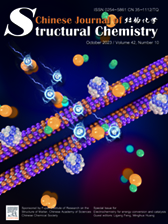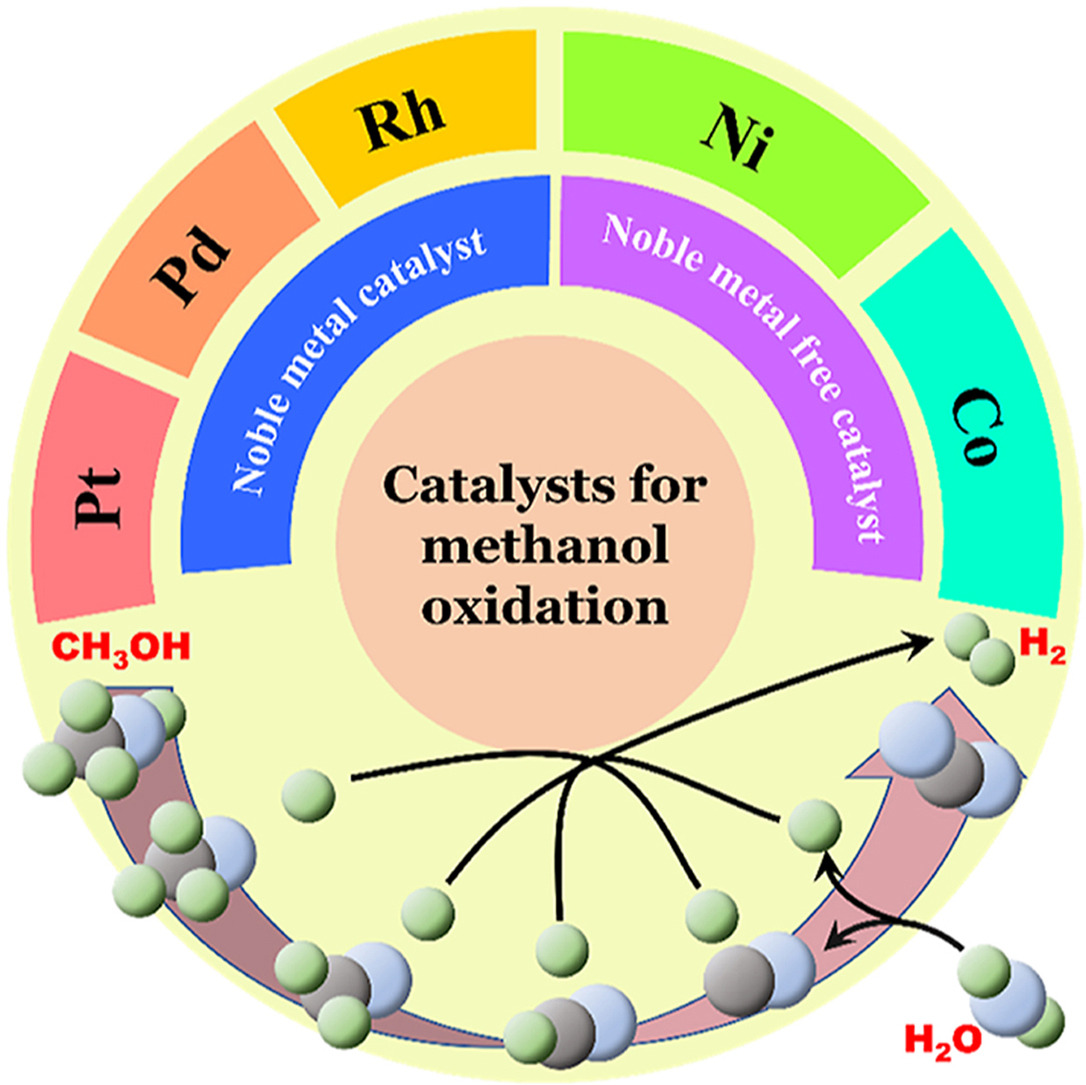
Cover Picture
Modulating metal-support interaction between Pt3Ni and unsaturated WOx to selectively regulate the ORR performance
Jinli Chen, Shouquan Feng, Tianqi Yu, Yongjin Zou, Huan Wen*, Shibin Yin* Submit a Manuscript
Modulating metal-support interaction between Pt3Ni and unsaturated WOx to selectively regulate the ORR performance
Jinli Chen, Shouquan Feng, Tianqi Yu, Yongjin Zou, Huan Wen*, Shibin Yin* Submit a Manuscript
Advances in anode catalysts of methanol-assisted water-splitting reactions for hydrogen generation
Chunru Liu, Ligang Feng*
Chin. J. Struct. Chem., 2023, 42: 100136. DOI: 10.1016/j.cjsc.2023.100136
October 15, 2023
Electrocatalysis; Methanol oxidation reaction; Water splitting; Hydrogen generation
ABSTRACT
Methanol-assisted water-splitting reaction for green hydrogen generation is more competitive to the traditional water electrolysis driven by sustainable energies due to the largely reduced energy costs. Increasing attention currently is directed to the highly efficient methanol electrooxidation catalysts that determine the catalysis efficiency, and some advanced catalysts have been developed. Given the significant advances, this review proposed a summary of the recent progress in catalysts for methanol-assisted water electrolysis. The mechanism of methanol-assisted water-splitting reaction classified by noble and non-noble metals was first presented by taking into account their distinct redox reactions. Then, the research progress of these catalysts for methanol-assisted water-splitting reactions is summarized and discussed, and the challenges and problems associated with catalyst design and optimization as well as their practical application were finally commented on. This review would be a valuable reference for catalyst development and mechanism understanding in methanol-assisted water-splitting reactions for hydrogen generation.







